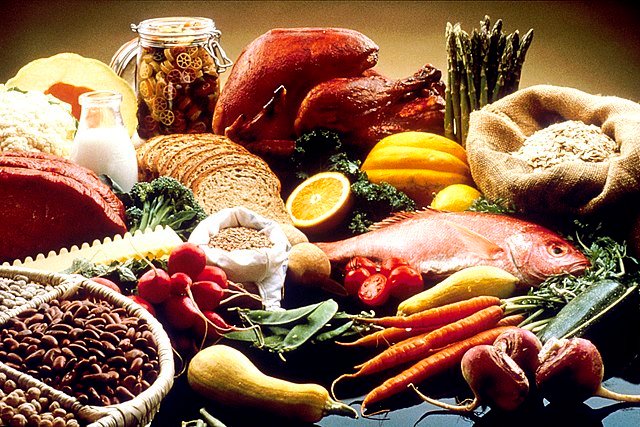
Meat has been an integral part of human diets for thousands of years, playing a crucial role in nutrition, culture, and culinary traditions across the globe. Despite the growing popularity of plant-based diets and concerns over environmental impact, meat remains a significant source of essential nutrients and a cultural mainstay.
Nutritional Significance
Meat is a powerhouse of nutrition, offering several vital nutrients that contribute to overall health and well-being:
- Protein: Meat is an excellent source of high-quality protein, which is essential for muscle growth, repair, and maintenance. Unlike plant proteins, animal proteins contain all the essential amino acids required by the human body.
- Iron: Meat, especially red meat, is rich in heme iron, which is more readily absorbed by the body compared to the non-heme iron found in plant sources. Adequate iron intake is crucial for preventing anemia and maintaining healthy energy levels.
- Vitamin B12: This vitamin is vital for brain function, nerve health, and the production of DNA and red blood cells. Vitamin B12 is naturally present only in animal products, making meat an important source for those who do not consume fortified foods or supplements.
- Zinc: Important for immune function, wound healing, and DNA synthesis, zinc is abundantly found in meat. A deficiency in zinc can lead to weakened immunity and slow growth in children.
- Essential Fatty Acids: Certain meats, such as those from grass-fed animals, provide omega-3 fatty acids, which are beneficial for heart health and cognitive function.
Cultural and Culinary Importance
Meat is deeply embedded in the culinary traditions and cultural practices of many societies:
- Culinary Diversity: Different cultures have developed unique methods of preparing and cooking meat, leading to a rich diversity of flavors and dishes. From barbecue in the United States to the intricate spice blends of Indian curries, meat is a central ingredient in many iconic recipes.
- Cultural Significance: In many cultures, meat is more than just food; it is a symbol of prosperity, hospitality, and celebration. Festivals, religious ceremonies, and communal gatherings often feature meat as a central element.
- Economic Impact: The meat industry is a significant contributor to the global economy, providing employment to millions of people in farming, processing, and retail sectors.
Environmental and Ethical Considerations
While meat is nutritionally important, its production raises environmental and ethical issues:
- Environmental Impact: Livestock farming is a major contributor to greenhouse gas emissions, deforestation, and water use. Innovations in sustainable farming practices, such as regenerative agriculture and improved manure management, are being explored to mitigate these impacts.
- Animal Welfare: Ethical concerns regarding the treatment of animals in industrial farming have led to increased demand for humanely raised meat. Certifications such as Certified Humane and Global Animal Partnership (GAP) help consumers make informed choices.
- Alternative Proteins: The rise of plant-based and lab-grown meats offers alternatives that aim to reduce the environmental footprint and address ethical concerns associated with traditional meat production. These alternatives are gaining popularity and improving in taste and texture, making them viable options for many consumers.
The Future of Meat
The meat industry is evolving in response to changing consumer preferences, technological advancements, and sustainability challenges:
- Sustainable Practices: Efforts to adopt more sustainable farming practices, such as rotational grazing and integrated crop-livestock systems, are gaining momentum.
- Technological Innovations: Advances in biotechnology and food science are leading to the development of lab-grown meats, which promise to offer the taste and nutritional benefits of traditional meat without the associated environmental and ethical concerns.
- Consumer Trends: Health-conscious consumers are driving demand for leaner cuts of meat, organic options, and products free from antibiotics and hormones.
Conclusion
Meat continues to play a vital role in human nutrition and culture, offering essential nutrients and enriching culinary traditions worldwide. While the industry faces significant challenges related to environmental sustainability and ethical concerns, ongoing innovations and changing consumer preferences are paving the way for a more responsible future. Balancing the benefits of meat consumption with its impacts will be key to meeting the dietary needs and values of a growing global population.




